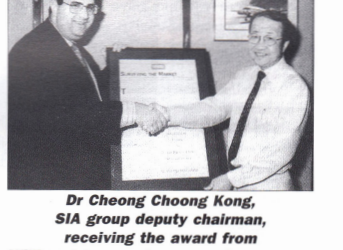Asgar Hussein
Cellular companies in Sri Lanka may seem to be ‘defeated’ with the arrival of Suntel and Lanka Bell, but they’re definitely not ‘destroyed’. The ‘caller pays regime’ concept, which if it comes through, will turnaround the fortune of these companies….
The height of irritation is to receive a nuisance call over your cellular phone and then having to pay for it!
Sri Lanka’s present system of charging incoming calls on mobile phones has for sometime irked the cellular operators and their clients. Hopefully, within a few months the ‘user pays regime’ (where the calling party foots the bill) will be introduced.
The mobile phone companies readily welcomed the proposed implementation of this measure. They felt it will give a boost to the cellular industry as traffic will increase and more people will turn to mobile phones. However, their present packages may become obsolete.
The ‘user pays regime’ was expected to be introduced on June 1, but negotiations over Call Link’s impending change of ownership delayed this.
It is reported that the mobile operators were about to sign an agreement on new interconnectivity rates when Call Link withdrew citing the ongoing discussions. The authorities reacted by postponing implementation of the new measure as they felt it would be fairer if an agreement was concluded in an atmosphere of mutual understanding between all cellular operators and the regulatory authority.
So now everyone is eagerly anticipating a conclusion to the Call Link negotiations shortly. There is strong speculation that the Hong Kong based Hutchisson Telecom is making a serious bid to buy the company.
Cellular operators in Europe, Australia and most of Asia follow the ‘user pays regime’, where only out going calls are charged for.
The CEO of the Telecommunications Regulatory Commission of Sri Lanka, A Maniccavasagar told Business Today that the Telecommunication Ministry had agreed in principle to implement this measure, subject to certain issues that need to be ironed out. He said that Sri Lanka Telecom (SLT) will first have to obtain the necessary software to enable accounting and sharing of call charges between SLT and the mobile operators.
According to him, the ‘user pays regime’ is expected to be introduced possibly by the end of this year. Pointing out that the proposal to introduce this measure was initiated by the cellular companies, Maniccavasagar said SLT does not show much interest in it as they have nothing to gain. He further stated that with ongoing negotiations for privatization. of SLT, a decision on it may be put off for sometime.
Meanwhile, the five paging services companies in Sri Lanka have jointly protested against the introduction of the ‘user pays regime.’ Intercity Paging Services, Equipment Trades, Fentons, Bell Communications and Infocom Lanka fear their business will suffer as this move will result in their present and potential customers turning to cellular phones. The paging industry will crash,’ a leading paging operator warned.
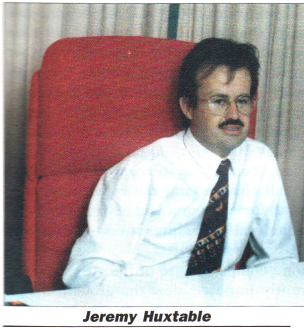
Celltell CEO, Jeremy Huxtable, said the introduction of the calling party pays system will benefit the cellular industry, and make their customers ‘very happy. He pointed out that Celltell’s major shareholder Millicom International Cellular (MIC) has seen a positive impact on traffic and the number of users in countries which changed to the ‘user pays regime.’
In the present system mobile phones are often switched off (especially by the less affluent), to avoid paying the high charges for incoming calls, thus defeating the objective of having these.
Furthermore, although attempts to call such mobile phone users may prove unsuccessful, the tele communication resources (e.g., switches, lines, frequencies), are being utilized but not charged for, as charging begins only when the receiving party answers. This loss is borne by SLT and cellular operators.
However, under the ‘user pays regime’, call completion is higher as mobile phones would be kept switched on.
At present, the call completion rate in Sri Lanka is believed to be around 55-60%, below the average 75% seen in other countries.
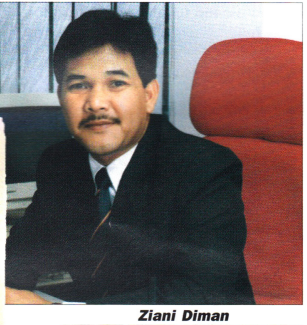
According to the CEO of Dialog GSM, Ziani Diman, the present system is a ‘policy aberration’ which should be rectified as soon as possible. He felt that regardless of the Call Link negotiations, the agreement to introduce the ‘user pays regime’ should be signed as it could only have a positive effect on that company. A possible outcome of the proposed measure would be that SLT us-
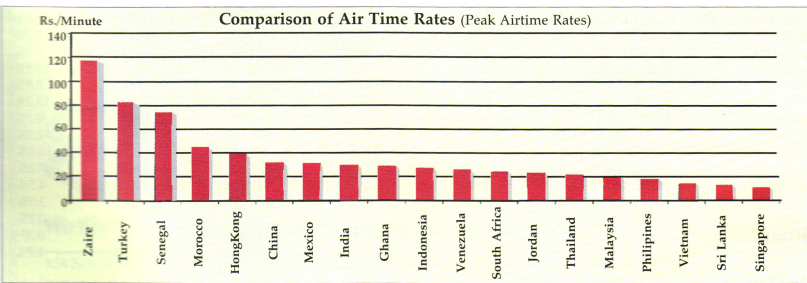
ers will exercise more caution in contacting mobile phone users, as they will have to pay high charges. At present, there are more calls from SLT phones to cellular phones rather than vice versa, but once the ‘user pays regime’ comes into effect the situation could be reversed.
It is believed that one reason why the Government is seriously considering implementing the measure is because cellular operators have become more vociferous in this demand after Suntel and Lanka Bell commenced operations. The entry of these two wireless local loop operators reportedly resulted in mobile phone companies recording a notable drop in revenue as cellular usage declined.
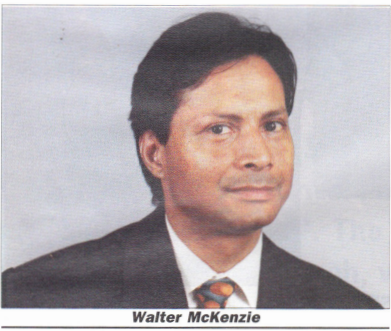
Mobitel, managing director, Walter McKenzie, feels that with the introduction of the calling party pays system, certain sections of society (including the self- employed) who did not use mobile phones earlier will be encouraged to use them.
“The world is becoming wireless,’ asserts Diman. He however points out that cellular penetration in Sri Lanka is very low at 0.35%. Although this figure compares favorably with India (0.01%) and Pakistan (0.05%), it still falls short of other Asian nations such as the Philippines (1.07% ), Thailand (2.6%) and Malaysia (8.25%).
Meanwhile, the cellular operators are considering requesting the Government to increase cellular tariffs. They point out that when SLT revised tariff rates from February this year, imposing a 22-25% increase across-the-board, they absorbed it and did not pass it on to their clients thus affecting their profits. Other reasons for justifying a tariff hike include improvement of network services and increased coverage. Further, the tariff for peak air time rates in Sri Lanka is among the lowest in the world, so it is difficult for cellular companies to make good profits.
The cellular industry has other woes, including high BTT on call charges and duties on handsets. Then of course there is the problem of bad debts, and the cumbersome legal procedures involved in taking defaulters to task.
Mobile phone companies are of the view that the controls currently imposed slow the growth of this sector. They believe that if their interconnectivity arrangements with SLT are renegotiated, the duty on handsets brought down, and BTT reduced, they can provide services at rates which are competitive with those offered by SLT, Suntel and Lanka Bell.
The BTT of 20% on call charges is considered far too high and should either be reduced or removed. Reducing it would be commendable as such taxation retards growth and ultimately leads to less revenue to the state coffers. If the BTT is reduced, there will be increased usage and new customers coming in, resulting in more taxes for the Government.
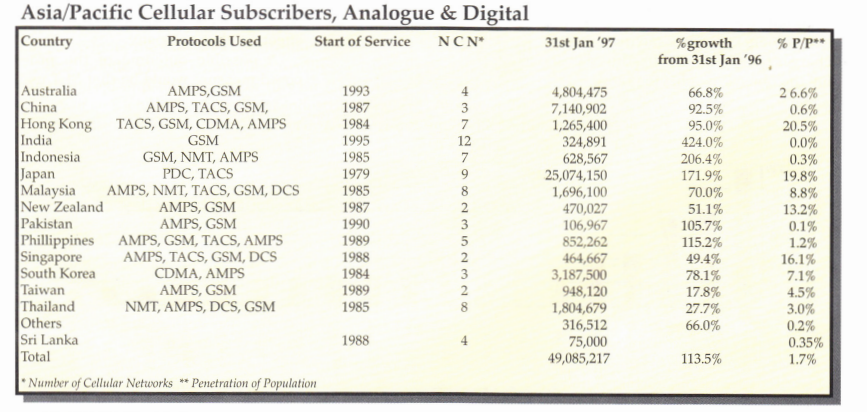
Over the past five years, Celltel, Mobitel and Dialog have contributed Rs 1.1 billion to the Government as taxes and duties, while a further Rs 1.1 billion has been generated to SLT as call revenue.
According to Huxtable, the duty on handsets is high for a country trying to improve its tele density.’ The taxes and duties on handsets (including import duty, defense levy and BTT) amounts to about 42%, whereas in neighboring India it is only around 20%
If such taxes and duties are removed, the cost of a handset to the consumer will decline by around 30% thus reducing the entry barriers. Currently, the cost of a cellular phone ranges from Rs 8,000 to Rs 60,000. Indeed, it would be good if the mobile handset becomes available to a wider section of the populace. As Diman pointed out, in Malaysia even fishmongers and taxi drivers own cellular phones.
Sri Lanka’s four cellular companies, namely Celltel, Mobitel, Dialog GSM and Call Link together account for a subscriber base of 75,000. Huxtable believes there are around 150,000 to 200,000 potential mobile phone users in the island. He feels that the telecommunications regulatory authority should set a minimum price for cellular services in order to eliminate cutthroat competition among operators. This, he feels, will ensure survival of all the networks.
However, a smaller operator countered that they should be free to decide on their charges as this is a free market, so that eventually the consumer will benefit.
It is estimated that around 10% of the profits made by cellular operators is being eroded by bad debts. Sri Lanka’s legal system (described as ‘cumbersome, too bureaucratic and costly’ by one leading operator) discourages cellular companies from taking action to recover bad debts. Fortunately, the recently introduced arbitration system may prove helpful in dealing with defaulters.
The mobile phone companies are now in the process of setting up a database of defaulters, which is expected to effectively prevent people switching from one operator to another after defaulting


